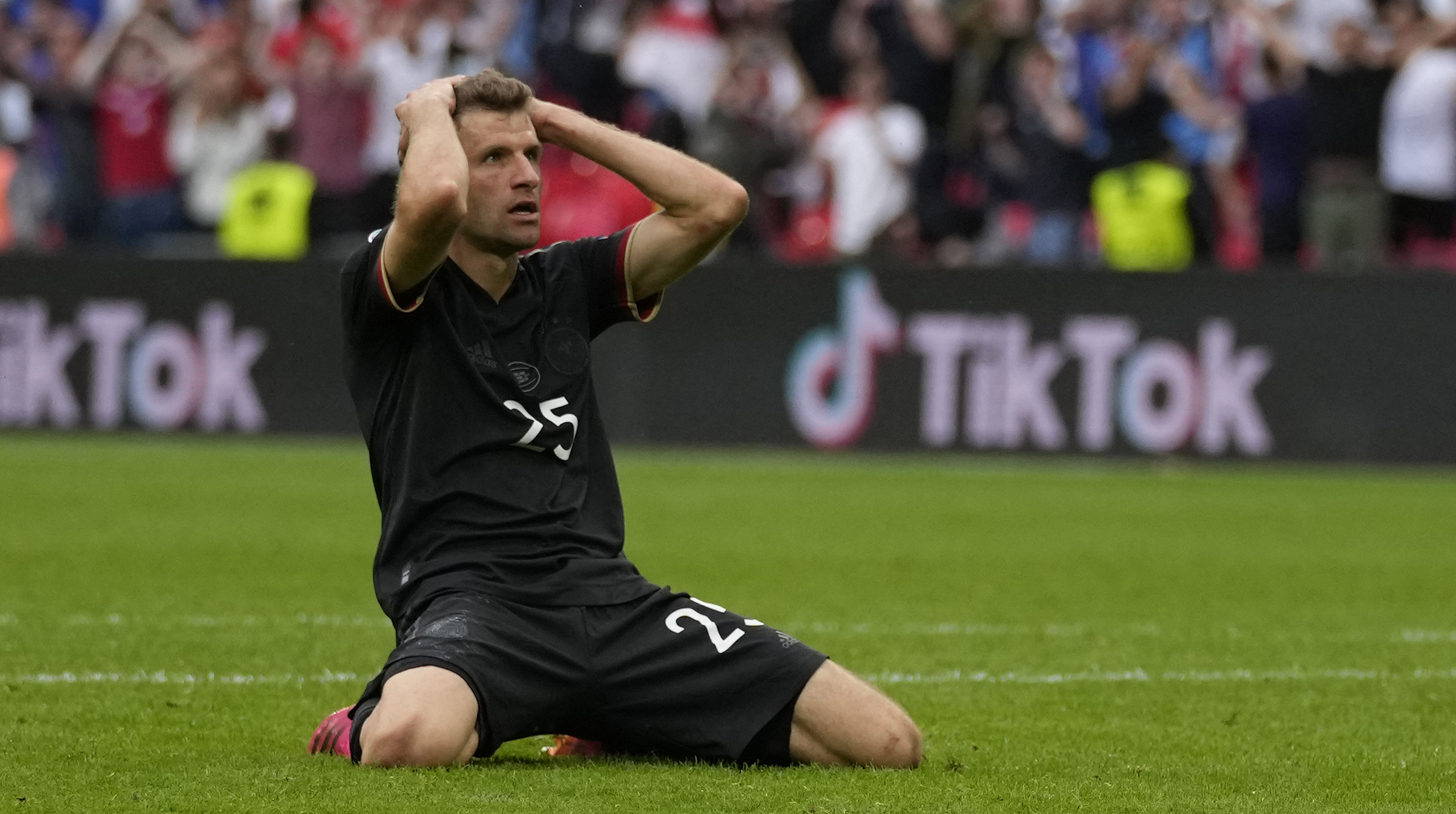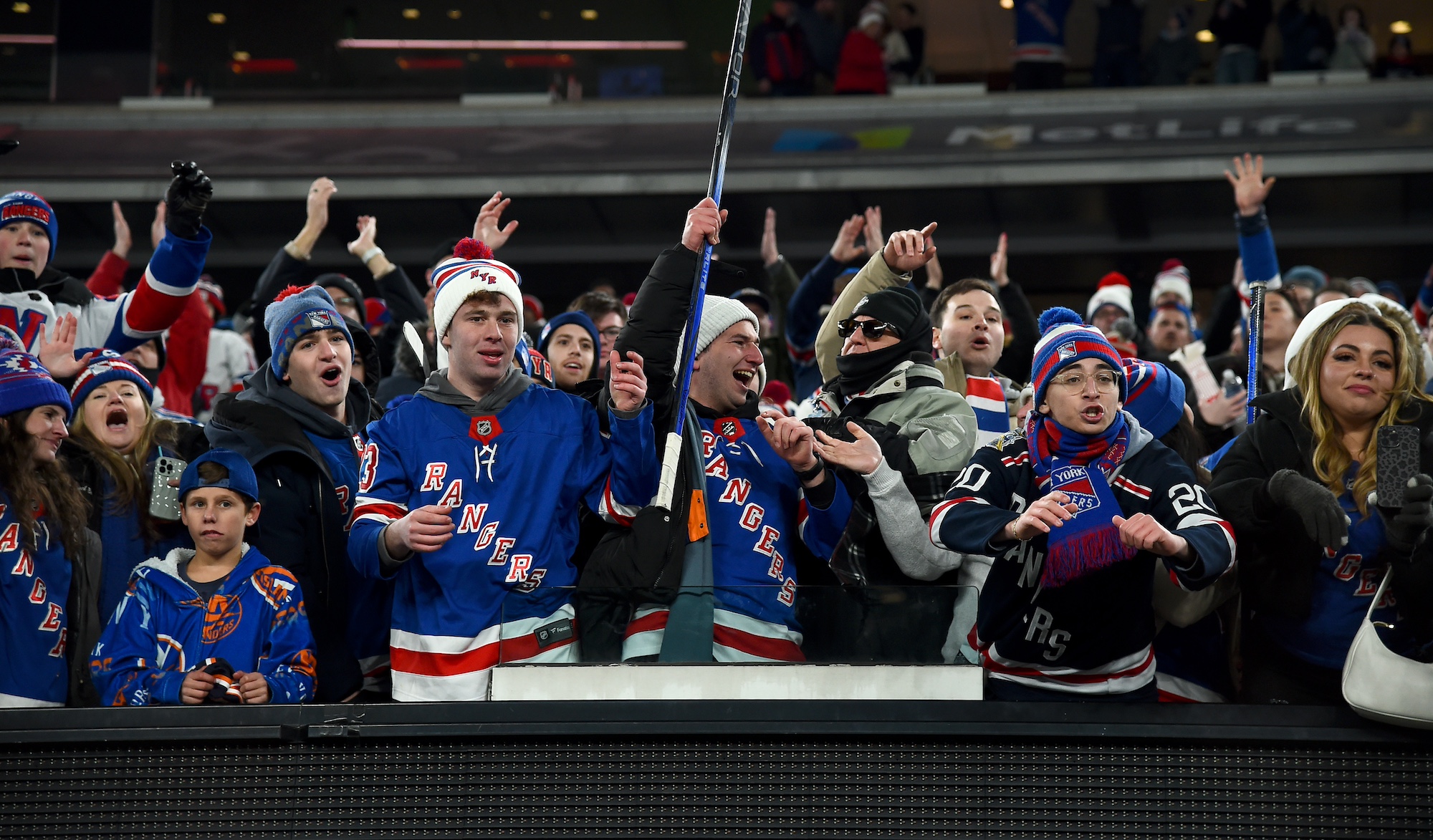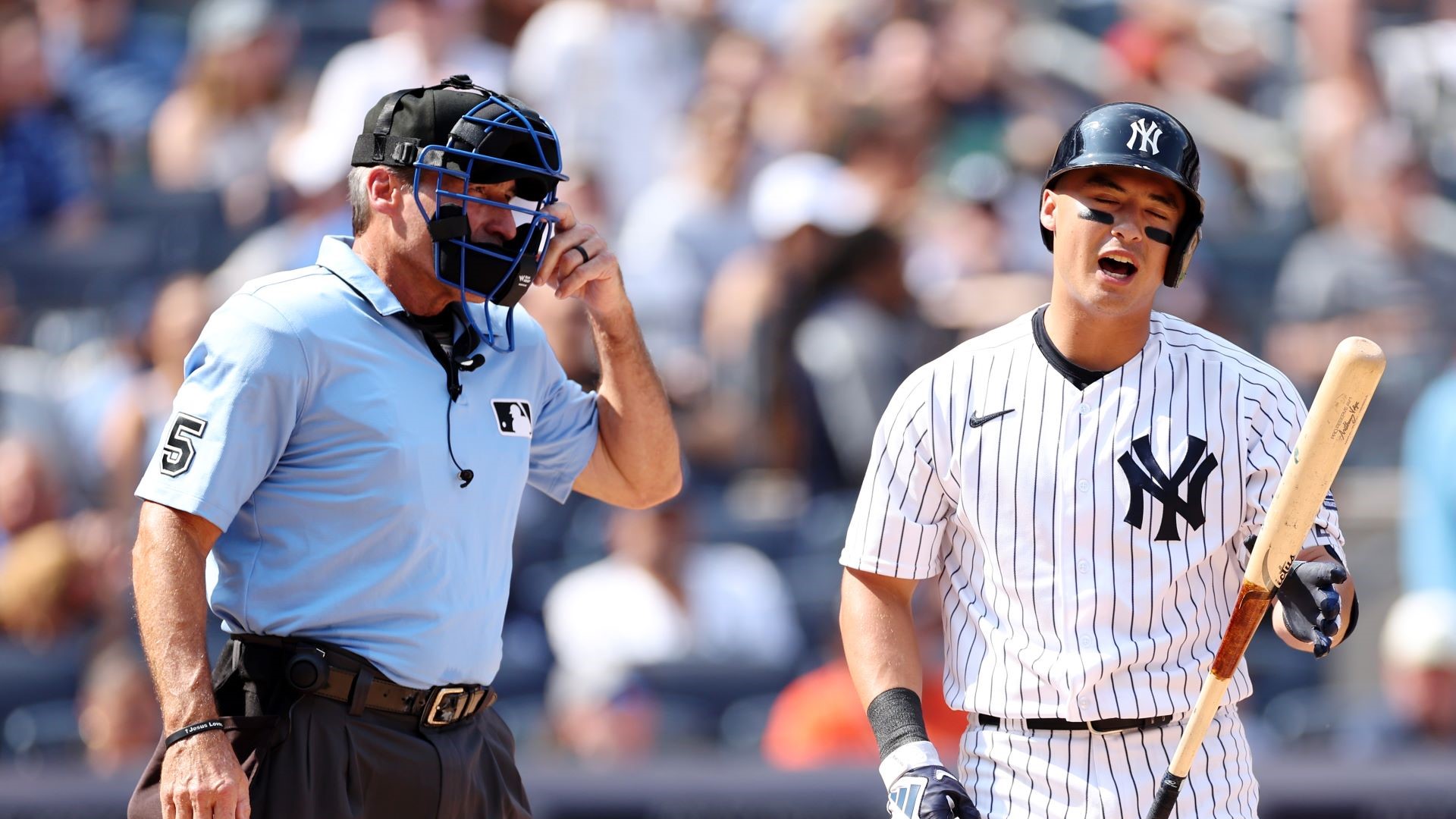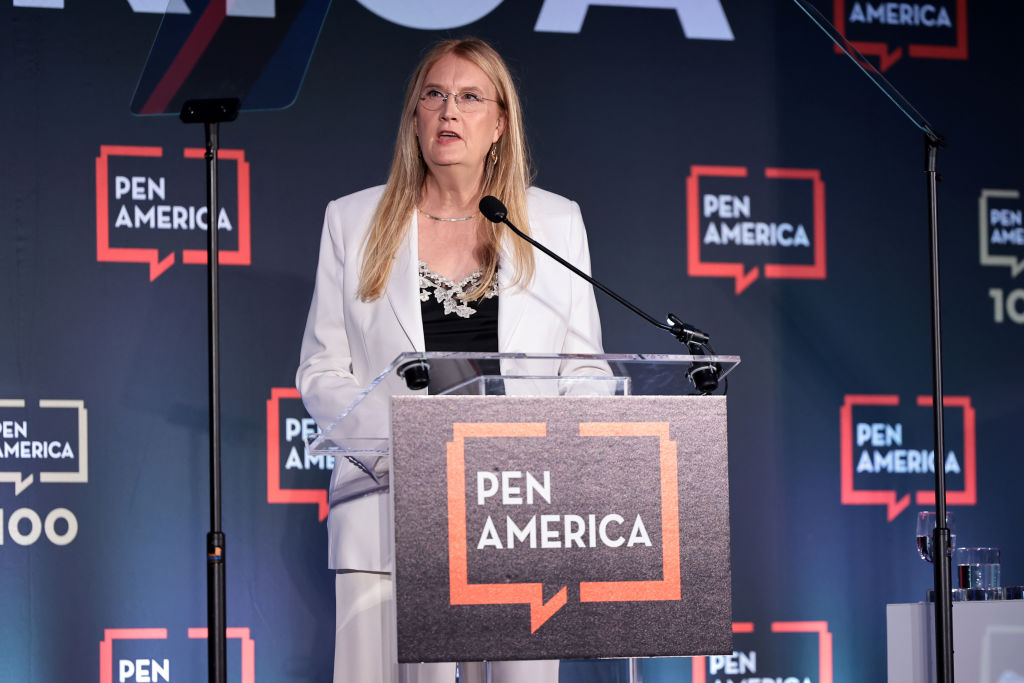Germany Can Finally Start Over
9:11 AM EDT on June 30, 2021

After a demoralizing group stage exit in the 2004 Euros, Germany embarked on a run of international success as good as almost any in history. In the twelve years following that embarrassment in Portugal, Germany never failed to make it at least to the semifinals of the major tournaments, a stretch that included two World Cup semifinal exits, two Euros semifinal exits, one Euros second-place finish, and, of course, the 2014 World Cup trophy. Led by a generation of incredible players, many plying their trade at Bayern Munich, Die Mannschaft was the opponent no one wanted to see on the opposite side of an international tournament knockout match. That aura of mystique was well-earned under now-departed manager Joachim Löw. But like everything in this sport, it was not meant to last forever.
The cracks began showing at the 2018 World Cup, when Germany failed to make it out of the group stage. Though the Germans were thrown into arguably the hardest group, no one expected them to actually miss the knockout rounds, never mind finish in fourth behind Sweden, Mexico, and South Korea. Though one could blame the World Cup winners' curse—since 2006, no World Cup winner has advanced past the group stage of the following tournament—time had just caught up with Germany.
Tuesday's 2–0 loss to England wasn't quite that, and Germany wasn't quite as futile as it was three summers ago, but bowing out at the round of 16 of the 2021 Euros feels like there will be finally be a changing of the guard for one of the biggest soccer countries in the world.
It starts with Löw, who before the Euros announced that this would be his last tournament at the helm of a team he's led since the qualifying cycle of the 2008 Euros. That is a long tenure for any international manager, and though Löw has long been heralded as one of the most innovative international managers in the game, the time for new ideas has come.
I have written quite a bit about the negative three/five defender formations at these Euros, but mostly because they keep getting punished. Löw's own formation had the benefit of two very skilled wing backs in Robin Gosens and Joshua Kimmich, but the team only really took advantage of that superiority out wide in the match against Portugal. Against England, it felt like Germany was content with sterile possession and safe backwards passes, waiting for an opportunity on the counters to really go for the jugular. It maybe should have worked at least once. Thomas Müller, who started as the future star for Germany at the 2010 World Cup and is now one of its elder statesmen, missed a one-on-one breakaway that would have equalized the game after Raheem Sterling's opener. He put it wide.
MULLER MISSES THE SITTER!!! 😳 pic.twitter.com/b46XR1yOro
— ESPN FC (@ESPNFC) June 29, 2021
Müller's miss was the biggest moment of the game for Germany in the moment, but it also perhaps serves as an even better portend of what needs to be left behind. Germany has a plethora of talented youngsters that are probably one or two cycles away from reaching their peak. If there was to be an explicit passing of the torch at these Euros, it came in the 92nd minute, as Jamal Musiala, the 18-year-old Bayern Munich prospect who scorned England to play for his country of birth, came on for Müller. Kai Havertz will only improve, as he is still 21 years old. Florian Neuhaus barely played in the Euros, but the Borussia Mönchengladbach midfielder is on the rise. His first name twin, Florian Wirtz, has already been turning heads at Bayer Leverkusen, and he's only 17.
Löw didn't commit to playing or even selecting some of his country's best youngsters (Havertz aside), maybe in hopes that a more veteran bunch would ensure a strong showing for his swan song. But now it's probably time for a renovation of the roster, too. Hansi Flick, the incoming Germany manager, should be up to the task of overseeing that transition. He'll have as much support as a new manager can for a country like Germany, and will have most of a World Cup qualifying cycle to figure out what's next. Currently, Germany sits third in its group, but only with three of ten matches played. Flick can use that time to figure out which players should lead the future Germany, while slowly moving away from the blindingly successful past.
And it was a success, there's no doubt about it. I doubt any Germany fan would take back the years under Löw for any reason, even if the last two tournaments ended in disappointing fashion. There's space now for a new generation of players, though, and the hope will be that they will be as successful as the previous one. It might take some time, but with Löw stepping down and an influx of young talent on the way, there's no reason that Germany won't soon strike the same familiar fear in everyone it faces.
If you liked this blog, please share it! Your referrals help Defector reach new readers, and those new readers always get a few free blogs before encountering our paywall.
Stay in touch
Sign up for our free newsletter




